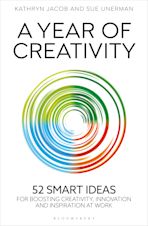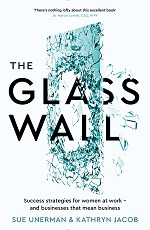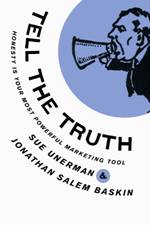The latest Group M forecasts for 2012 for the UK arrived on my desk early last week. There’s been a bit of publicity for the headlines, although not much has changed since the summer edition. (http://www.groupm.com/pressandnews/details/733 , contact : publications.london@groupm.com)
Despite the continued doldrums in which consumer confidence is mired the document is reasonably optimistic. Growth of 3% is predicted for the UK although that depends on the Eurozone crisis being contained. Points of growth lie in TV, outdoor of course in what the report calls “an unusually outdoorsy year which includes the Euro football, the summer Olympics and the Diamond Jubilee” and online.
Embedded in the report, perhaps hidden by the stability of the overall numbers, there lie the seeds of a revolution.
The National Newspaper section (this year net media £ -6%, next year -3%) contains a call for a new trading model. It suggests that there is room for a new system that introduces optimisation and makes the market more efficient.
A new model would be likely to “change the relationship between vendor, agency and client from the existing linear and sometimes adversarial one into a more collaborative triangular partnership” with the outcomes including improved rates for advertisers, but perhaps winners and losers amongst publishers.
There is a new ceo at the Newspaper Marketing Agency (http://www.nmauk.co.uk/nma/do/live/homePopulate) – Rufus Olins (http://www.mediaweek.co.uk/news/1111761/Trading-places-weeks-people-moves/?DCMP=ILC-SEARCH). I wonder whether his mandate includes instigating a trading revolution ?






The Innovation Axiom or the Innovation Trap.
Monday, January 30th, 2012picture source: wikipedia
There’s one question for which everyone will give the same affirmative answer at the moment.
Do you need more innovation in your business?
Imagine saying “No, we have more than enough innovation, in fact we’ve got more innovation than we can manage”.
You wouldn’t be much of a manager in this day and age if that was your answer would you?
(It’s a bit like asking someone at the tail end of the Christmas season if they’d like to be healthier. You just know everyone will say Yes which is why health drinks and gyms do so well in January.)
So the answer is Yes, but in truth we need to be more careful with the question as Innovation has many meanings.
A love of Innovation is nothing new. According to Armand D’Angour (Classics Fellow and Tutor at Jesus Oxford) the term was coined by comic playwright Aristophanes in 422 BC. (http://www.historytoday.com/armand-d%E2%80%99angour/innovation-classical-greece ). But it is a term that needs precise definition. Aristotle (different Ancient Greek chap – see picture, philosopher, genius, said it all, or most of it anyway, back in 384-322 BC http://en.wikipedia.org/wiki/Aristotle) pointed out that innovation means different things depending on the area it is applied to.
Political innovation is very different from technical innovation, or cultural innovation (or innovation in reaching teenagers with some advertising.)
An innovative solution to a problem may be to apply some old or conventional thinking to an unconventional area rather than to cook up something new.
We’re hard wired to love innovation. At its most basic that’s why we have evolved as a human race to the point we are at now… if the first humans hadn’t found fire and cooking food as an innovative solution to cold and hunger then we wouldn’t be watching Jamie Oliver cook up a feast on the TV whilst warming our ready meals in the microwave. (http://www.amazon.co.uk/Catching-Fire-Cooking-Made-Human/dp/184668286X/ref=sr_1_fkmr2_1?ie=UTF8&qid=1327943766&sr=8-1-fkmr2).
Any successful business must be very precise about what kind of innovation is necessary and how fast it can deliver real change. A love of the new must not drive out our ability to deliver the best of the now. Don’t be afraid to run away from innovation if it is in an area that you don’t need it in. Don’t focus the entire workforce on watching for or adopting new trends when applying expertise and experience is actually what is needed.
Posted in MediaComment | No Comments »